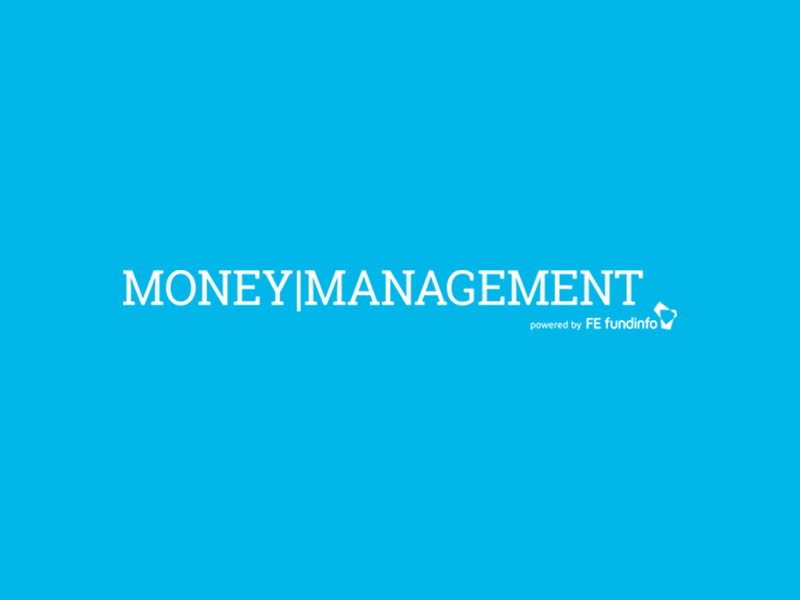How to Reduce Financial Stress in simple ways

How to Reduce Financial Stress in simple ways. Every human being aspires to gain financial independence. In times such as these, facing financial pressure is a reality.
Easy ways to know about Financial Stress and Mental Health

Easy ways to know about Financial Stress and Mental Health are right here.
Learn quick and easy ways of how to reduce debt

Learn quick and easy ways of how to reduce debt. Finance is a large part of a person’s life. Who doesn’t require substantial amount of money to lead a happy and fulfilling life.
Managing financial stress and mindfulness

Managing financial stress and mindfulness. In the second part of our financial stress webinar covering managing financial stress, we look at goals, mindfulness, and monitoring progress with expert help from Lea Clothier, a Master-certified behavioural money coach involved in the development of the Financial Mindfulness program. Part one looked in detail, decision making, literacy, and […]
Managing financial stress – Decision making, literacy, learning new skills

Managing financial stress – Decision making, literacy, learning new skills. In the first part of our financial stress webinar covering managing financial stress, we take a detailed look with expert help from Lea Clothier, a Master-certified behavioural money coach involved in the development of the Financial Mindfulness program. There are so many triggers to create […]
What to do if lockdown has caused me financial stress

What to do if lockdown has caused me financial stress. Right now, millions of Australians are under public health orders to stay at home in an attempt to reduce the spread of the Delta variant of the Covid-19 virus all around the country. More than half of all Australians face this uncomfortable but necessary reality, […]
Mythbusting our beliefs about financial stress

Mythbusting our beliefs about financial stress. Financial Mindfulness interviewed a dozen people in Hyde Park Sydney while gathering footage for a marketing video, every person we spoke to believed financial stress was all around them. The problem is “huge, huge”, said one respondent, while others suggested 70 per cent of the population might be under […]
Key insights from the FSI report

Key insights from the FSI report. A significant focus of Financial Mindfulness is the tracking and reporting of our Financial Stress Index (FSI), which allows us to benchmark and compare the impact of financial stress on Australians. The FSI has now become a leading financial stress measure in Australia. The FSI is a comprehensive measure […]
Australians rebounding from pandemic

Australians rebounding from pandemic Financial Mindfulness was reported in Money Management on its latest financial stress survey. Australians assessed as “thriving” financially have rebounded after sliding backwards during the first six months of the COVID-19 pandemic, according to Financial Mindfulness. The firm’s Financial Stress Index (FSI) showed that 25.8% of 645 respondents were rated as […]
Staggering number of Australians with less than $2000 in the bank

Staggering number of Australians with less than $2000 in the bank. Financial Mindfulness was interviewed by the Daily Mail on the latest study on financial stress. These results show just how dire circumstances are for some Australian’s. Revealed: The staggering number of Australians with less than $2000 in the bank – and why the slow […]